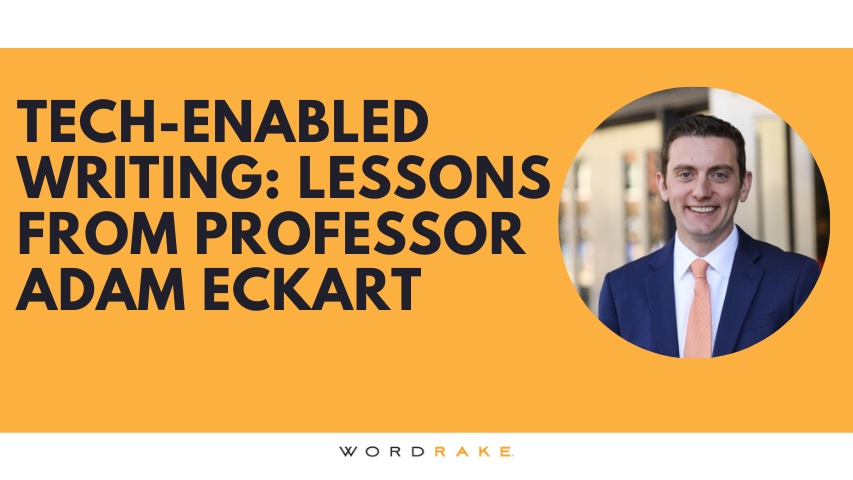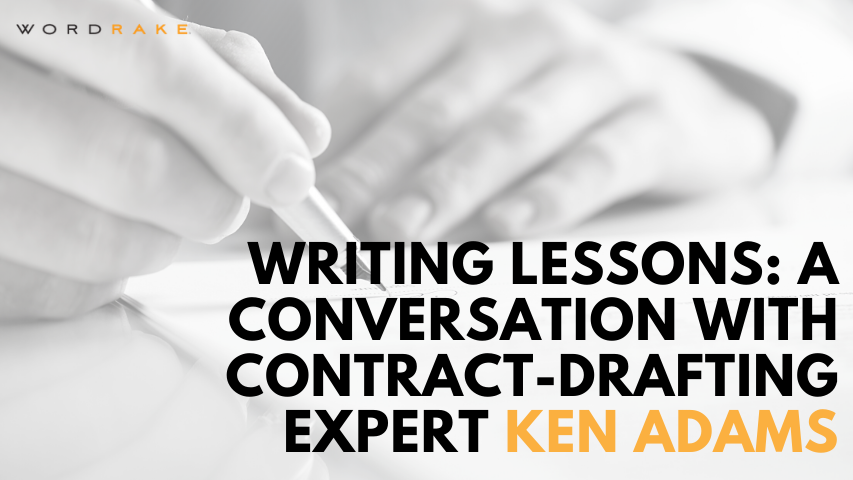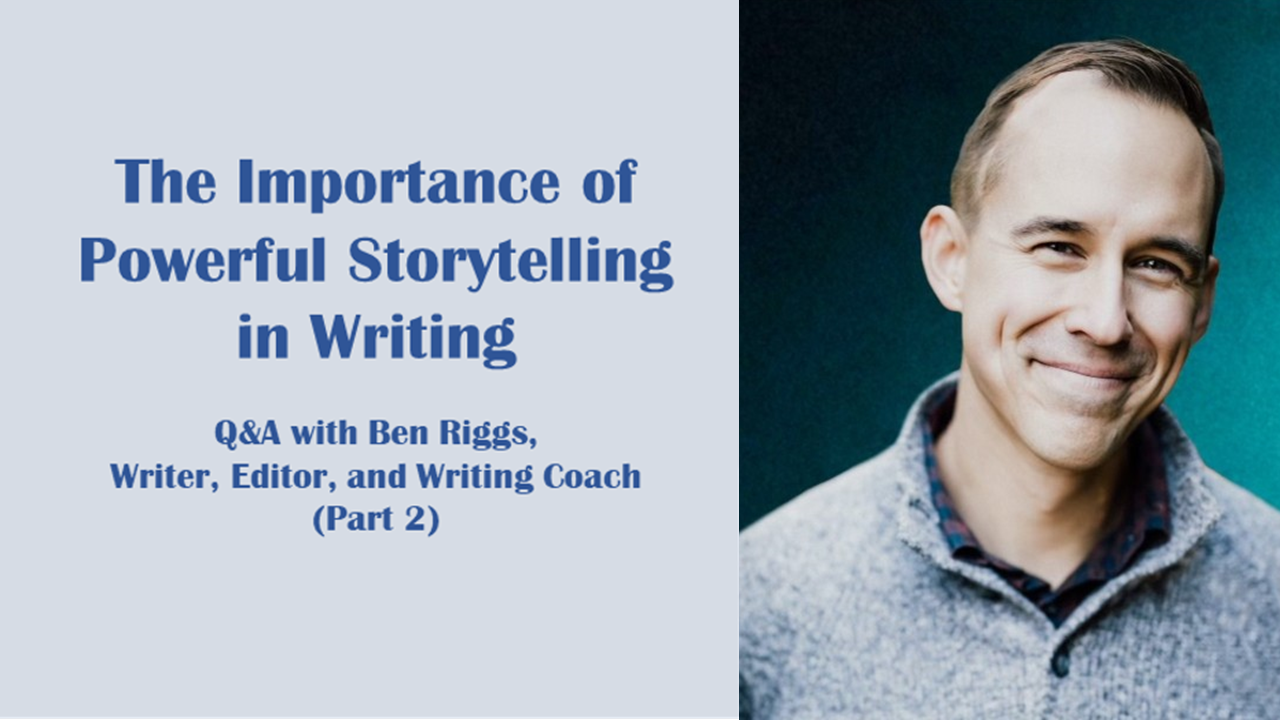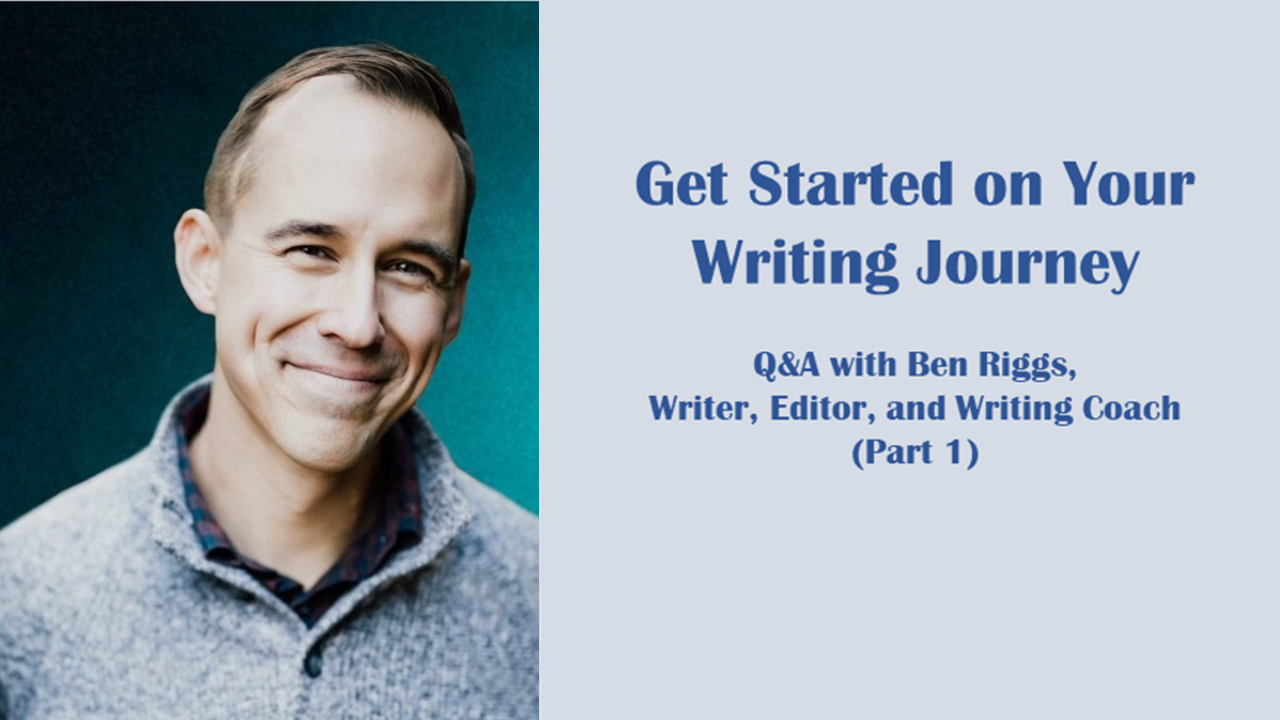When it comes to writing, learning from others and then practicing what you have learned can be of immense help. In this interview, WordRake speaks with Adam Eckart, Assistant Professor of Legal Writing at Suffolk University Law School, who teaches legal writing and has written extensively on teaching writing to law students, including through using tech in both litigation and transactional settings.
Continue reading“Trust me, I’m an expert.”
That declaration doesn’t get you far in today’s divided world, where many voices compete for attention and influence.
How can you write with authority and earn readers’ trust without falling back on the old “I’m an expert” line? It depends on who you are writing for.
Continue readingCoaching helps improve performance. It hones talent, turns expectations into reality, and helps promising professionals realize their true potential. If you’re curious about how a business writing coach can help improve your writing, here’s what you need to know.
Continue readingWriting can be a source of many things —of inspiration, of learning, or of meditation, for example. Writing is an iterative process, so whether you are hoping to be the next John Grisham or just want to blog, learning from others and then practicing what you have learned can be of immense help.
Continue readingWhen we start out as lawyers, we’re so afraid of being caught unprepared that we try to memorize every fact, every detail, and every statute. It seems like the smart thing to do. After all, doesn’t every job posting require “attention to detail”? The problem is that details become our security blanket. When a partner, a judge, or a potential client asks a question, we regurgitate the facts we memorized the night before and rattle off code sections—surely, our knowledge will impress our audience.
Continue readingAddressing your reader and potential client’s problems entails lending a listening ear and showing genuine empathy. Every problem you encounter has a human and emotional aspect that requires a proper and sensitive approach. Whether it’s a contract dispute over the interpretation of a cessation of business clause, an excused performance under a force majeure clause, or responsibility for undelivered goods, each case is a legal question to you—but never forget that it’s an emotional issue for your client. These situations call for empathy. And that means you must connect with your clients on a more personal level to address their pain points.
Continue readingWe tell ourselves stories in order to live.” - Joan Didion, writer and journalist
Continue readingMany dream of becoming a published author and turning writing into a full-time job. Others simply strive to capture their thoughts, experiences, and stories in writing to share with a few friends and family members.
Continue readingWhat difference can one minute make? It may surprise you to learn that one minute can be the difference between successfully completing two tasks—or fumbling them both. Let’s explore how this theory can help us with the documents we create at work.
Continue readingThough we may be hired to interpret and apply the law, our clients rely on our writing skills to accurately capture their intent. It’s irresponsible to discount punctuation rules as pedantic and useless. Lawyers must get three comma rules right:
Continue reading












